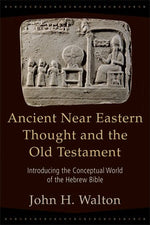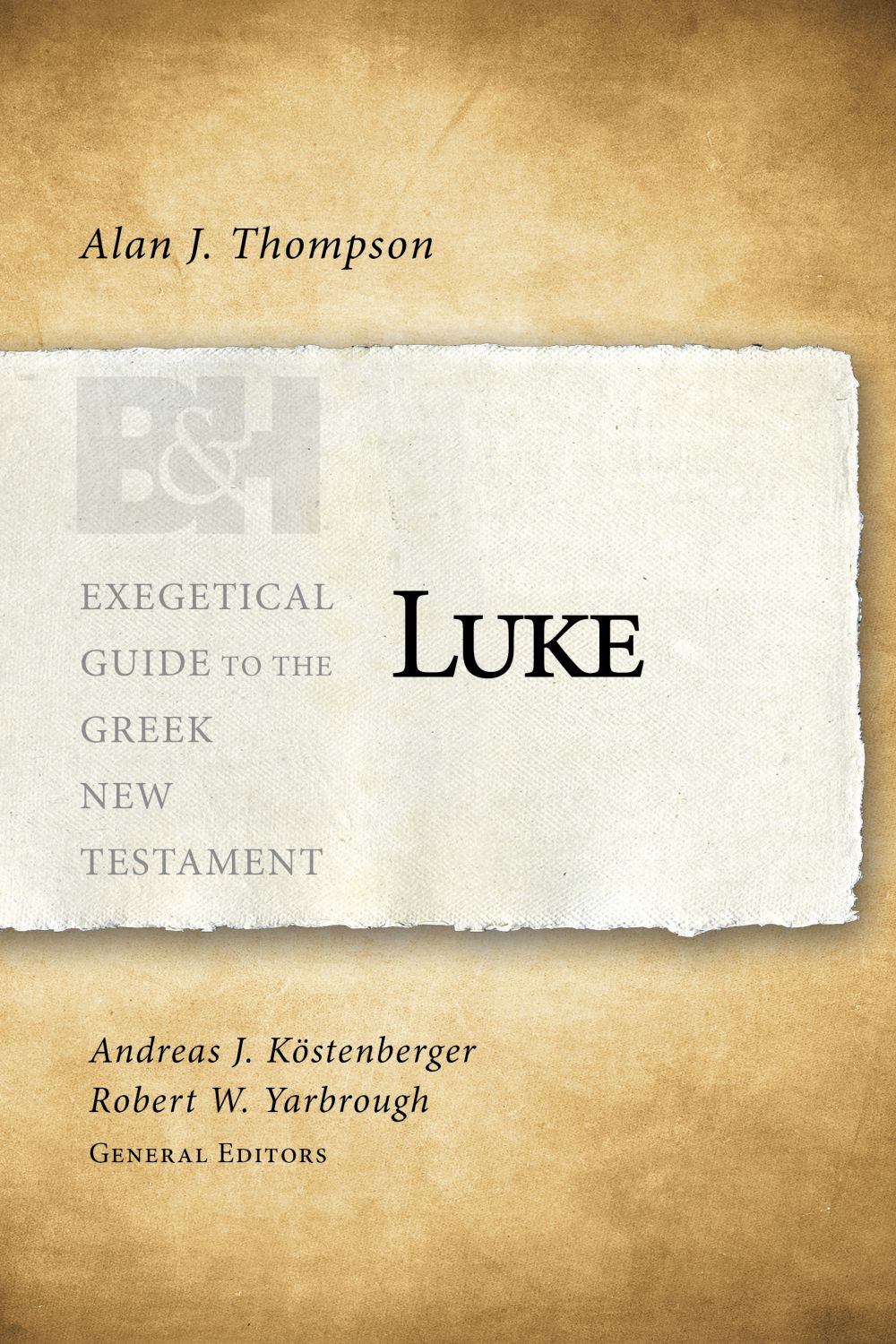Ancient Near Eastern Thought and the Old Testament: Introducing the Conceptual World of the Hebrew Bible
Couldn't load pickup availability
ISBN: 9780801027505
Type: Paperback
In the main body of the text, Walton offers a thoughtful introduction to ancient Near Eastern literature and the "common cognitive environment" that it provides for understanding the world of ancient Israel. After surveying types of literature, he considers the perspectives they offer on beliefs about gods, religion, the cosmos, people, and history. Throughout his study, helpful comparative sidebars focus on Old Testament interpretation to illumine the continuities and discontinuities between the Israelites and their neighbors.
This study provides an excellent introduction to the field of comparative studies and will be an important guide for students, scholars, and clergy who want to make use of extrabiblical resources to enrich their understanding of ancient Israel and its scriptures.
Endorsements
"Comparisons between the culture of biblical Israel and the other cultures of the ancient Near East have long been a fundamental part of biblical scholarship, but more often than not, they have been presented in piecemeal, isolated fashion. In his new book, John Walton offers a much broader reach, giving us arguably the most extensive review of these cultural comparisons now available together with a serious meditation on what the enterprise of cultural comparison is all about in biblical study. One may not always agree with his views, but invariably one will come away challenged to rethink the purpose and value of such comparisons for understanding the Hebrew Bible and its world."--Peter B. Machinist, Hancock Professor of Hebrew and Other Oriental Languages, Harvard University
"This book is a must-read for serious students of the Old Testament. John Walton has employed his extensive background and experience to write this excellent survey of the interface between the ancient Near East and Israel. His introductory chapter on comparative studies sets the groundwork for the student to understand the 'Conceptual World of the Hebrew Bible,' as he subtitles his book. I especially appreciate his sidebars on 'Comparative Exploration,' which enable readers to 'zero in' on the comparative topic of their choice relatively easily. The book is thoroughly readable yet very scholarly. Thus, beginning students, seminarians, and the interested public will find gold mines of conceptual information in this excellent work. It provides a very useful resource for comparative studies."--Mark W. Chavalas, professor of history, University of Wisconsin-La Crosse
"John Walton has produced an important and useful guide to entering into some of the major worldviews and value systems found in ancient Mesopotamia, Egypt, and Israel. As a unique contribution to the study of that era, his work both introduces readers to this thought world and bridges the gaps between ancient Near Eastern texts and the perspectives of the Bible. Walton's engaging style makes this an ideal introductory text for these important areas of Bible backgrounds."--Richard S. Hess, professor of Old Testament and Semitic languages, Denver Seminary
"'Do you understand what you read?' Philip the evangelist's question lies behind John Walton's fine exploration of the concepts of the Old Testament world. As no other author has done, he penetrates beyond the simple comparisons often made to bring back intelligence about the contexts and constitution of that ancient world, stressing the ideas Israel and its contemporaries held in common--such as 'deity is on the inside, not the outside' of life--and discussing accounts of creation, views of history and of the future. Yet Walton repeatedly demonstrates how Israel's faith was distinct, its God revealing his will by writing his law on his people's hearts, a metaphor from divination implying that they reveal his law to others. That's one of many cases where interpretation gains from 'comparative exploration.' Others warn of the danger in carelessly imposing a modern worldview on texts such as Genesis 1. This book deserves the attention of all serious Bible teachers and students."--Alan R. Millard, University of Liverpool

New with remainder mark



